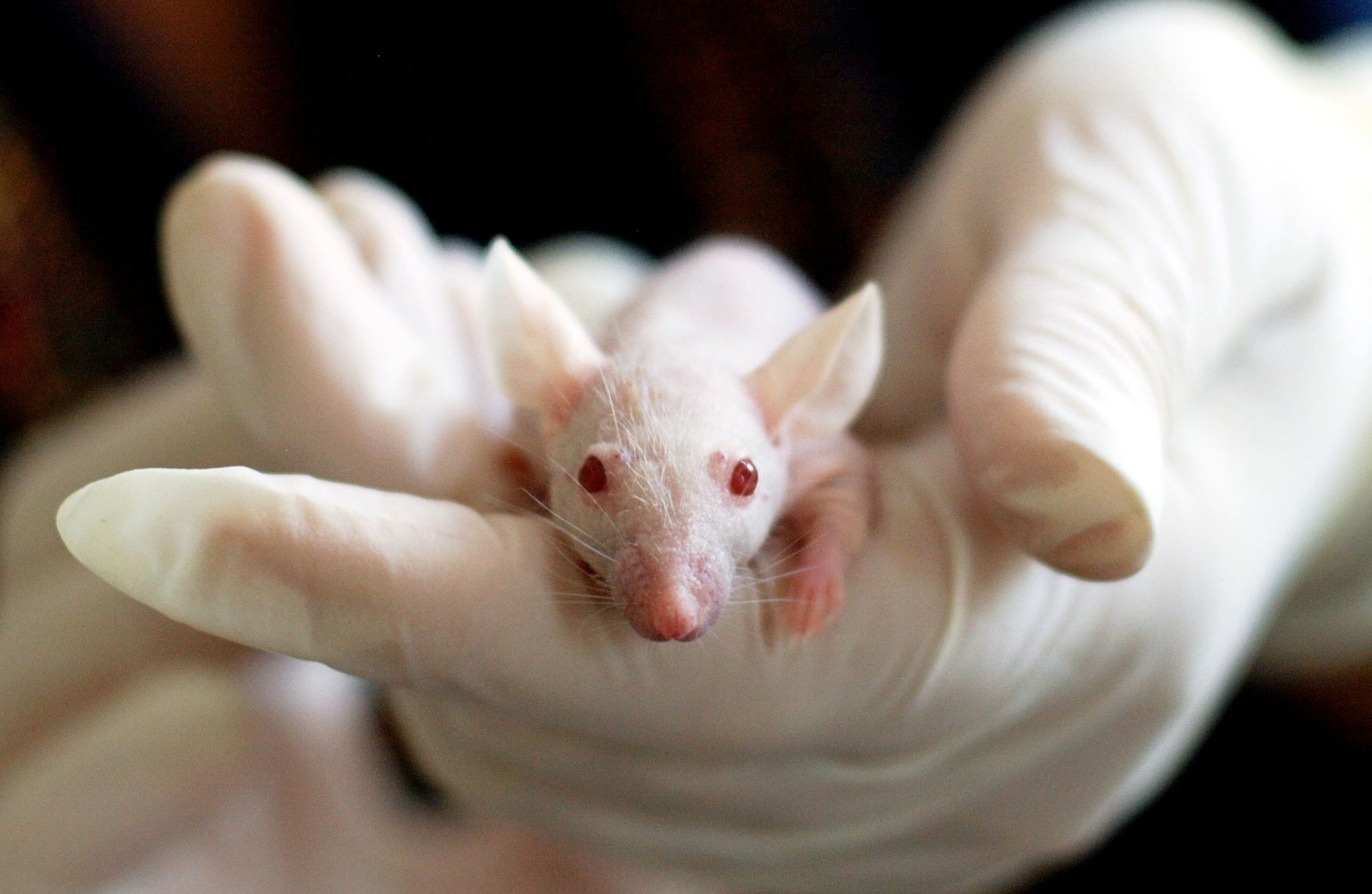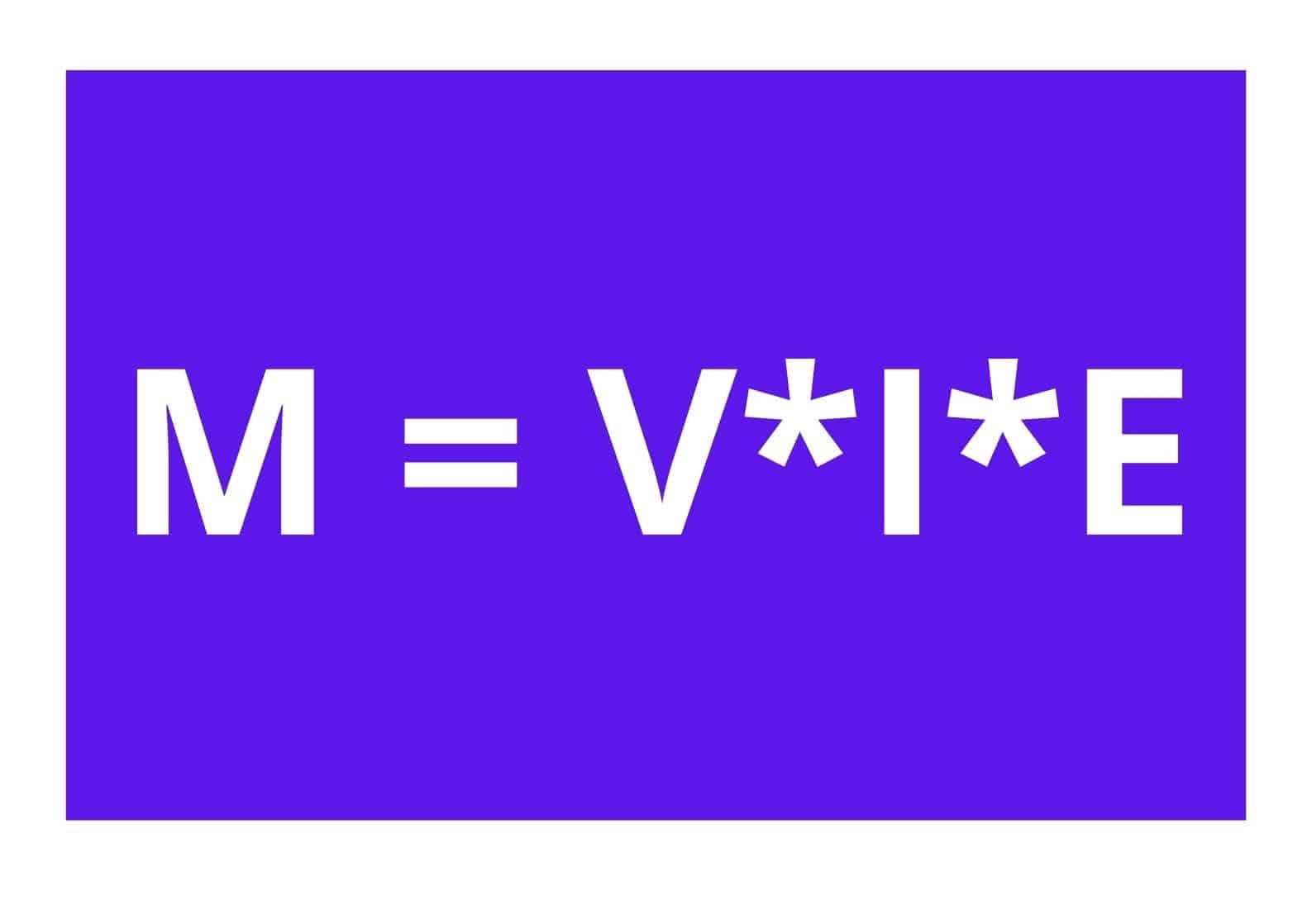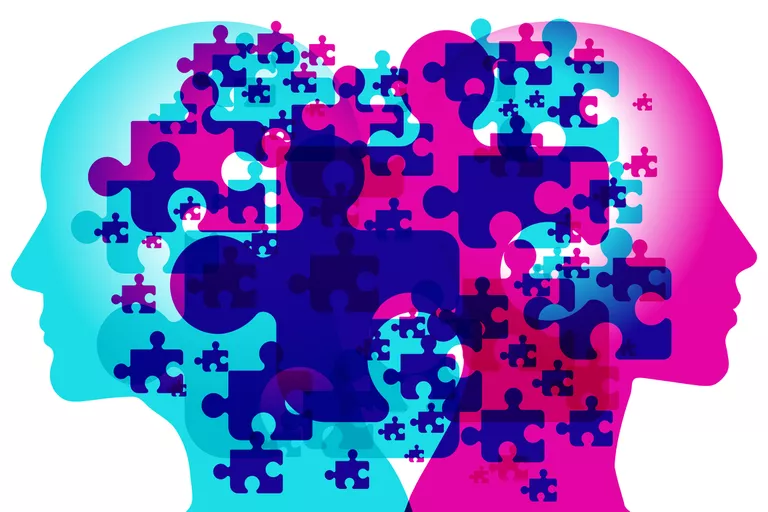Blogs
-

Drowning Rats – The Hope Experiment: Dr. Curt Richter’s Harvard Rat Study
Have you ever been in a situation where you felt dejected and hopeless? When you approached someone to share your feelings, did you receive the impractical solution of “Don’t give up, have hope”? Well, Dr. Curt Richter’s Harvard Rat Study may just prove the power of hope to you. The Drowning Rats Experiment Richter, an…
-

Psychological Definition Of Emotional Intelligence
What Is Emotional Intelligence? The capacity to sense, control, and assess emotions is referred to as emotional intelligence (EI). Some academics believe emotional intelligence may be taught and improved, while others believe it is a natural trait. This article will help you understand the psychological definition of emotional intelligence. It’s important to be able to…
Read more about Psychological Definition Of Emotional Intelligence
-

Reinforcement Theory, B.F. Skinner
What Is The Reinforcement Theory? The foundation of reinforcement theory of B.F. Skinner’s research is the idea that behavior is impacted by its results. The process of modifying behavior’s consequences is known as reinforcement theory.According to the notion of reinforcement, you may alter someone’s behavior by rewarding good behavior and discouraging bad behavior. Rewards are…
-

Vroom’s Expectancy Theory of Motivation
A process theory of motivation is Victor Vroom’s Expectancy theory of motivation. According to this, a person’s motivation is influenced by their hopes for the future. According to Vroom, an individual’s motivation is specifically influenced by how much they value any rewards associated with an action (Valence), how much they believe they can produce good…
Read more about Vroom’s Expectancy Theory of Motivation
-

Goal Setting Theory By Edwin Locke
We have our current understanding of goal setting theory thanks to Locke’s groundbreaking study on motivation and goal setting from the late 1960s. He demonstrated that setting clear goals and providing helpful feedback inspire employees in his 1968 essay “Toward a Theory of Task Motivation and Incentives.” He continued by emphasizing that achieving a goal…
-

Trait Theory Of Personality
People’s distinctive thought, feeling, and behaviour patterns are reflected in their personality traits. The foundation of trait theory in psychology is the notion that individuals differ from one another according to the strength and intensity of fundamental trait dimensions. In psychology, traits are the manner in which we often characterise a person. The adjectives “outgoing,”…
-
Herzberg’s Two Factor Theory
According to Herzberg’s Two Factor Theory concept, commonly known as the Two Factor Theory, a company may change two things to affect employee motivation at work. These include motivators, which may inspire employees to work harder, and hygiene elements, which, in the absence of motivators, may lead employees to lose motivation. Herzberg’s Motivation-Hygiene Theory, Two…
-

How To Build Emotional Intelligence
Leadership requires a high level of emotional intelligence. One of the most important measures of job effectiveness is your capacity to regulate your emotions, as well as identify and influence others’. According to studies, 90% of great achievers have a high level of emotional intelligence. Technical abilities can only take you so far. If you…
-
Understanding McClelland’s Theory of Needs: The 3 Motivators
Do you sometimes wonder why you have always liked to take up some particular kind of tasks? Or why is it that you would always get into arguments with people? You can get possible explanations to these questions if you think about what motivates you. David McClelland, an American Psychologist, created the ‘Theory of Needs’…
Read more about Understanding McClelland’s Theory of Needs: The 3 Motivators
-

Understanding Theories and Models of Motivation
Among the many famous theories in psychology are the concepts that explore motivation in human beings. They explain what motivation is, how it works and what it does. To better understand how you can stimulate yourself and others around you, come explore what motivation means and what are some theories of motivation. What is Motivation…
Read more about Understanding Theories and Models of Motivation
-
Cialdini’s Six Principles of Persuasion
Robert Cialdini, a Social Psychologist, is very well known for his significant contributions to the world of compliance, negotiation, and persuasion. His book, “Influence: The Psychology of Persuasion”, published in 1984 is widely recognized. This book is based on the human tendency of saying “Yes” i.e. the Psychology of Persuasion. Cialdini proposed Six Principles of…
Read more about Cialdini’s Six Principles of Persuasion
-
Knapp’s Relationship Model
Knapp’s Staircase Model. Source Background of Knapp’s Relationship Model In 1978, Mark Knapp proposed the ‘Relational Development Model’ or ‘Knapp’s Relationship Model’. Knapp’s model identifies the interpersonal development between two people in a relationship under two phases, each divided into five stages. To simply understand the two phases, we can term them as ‘coming together’…